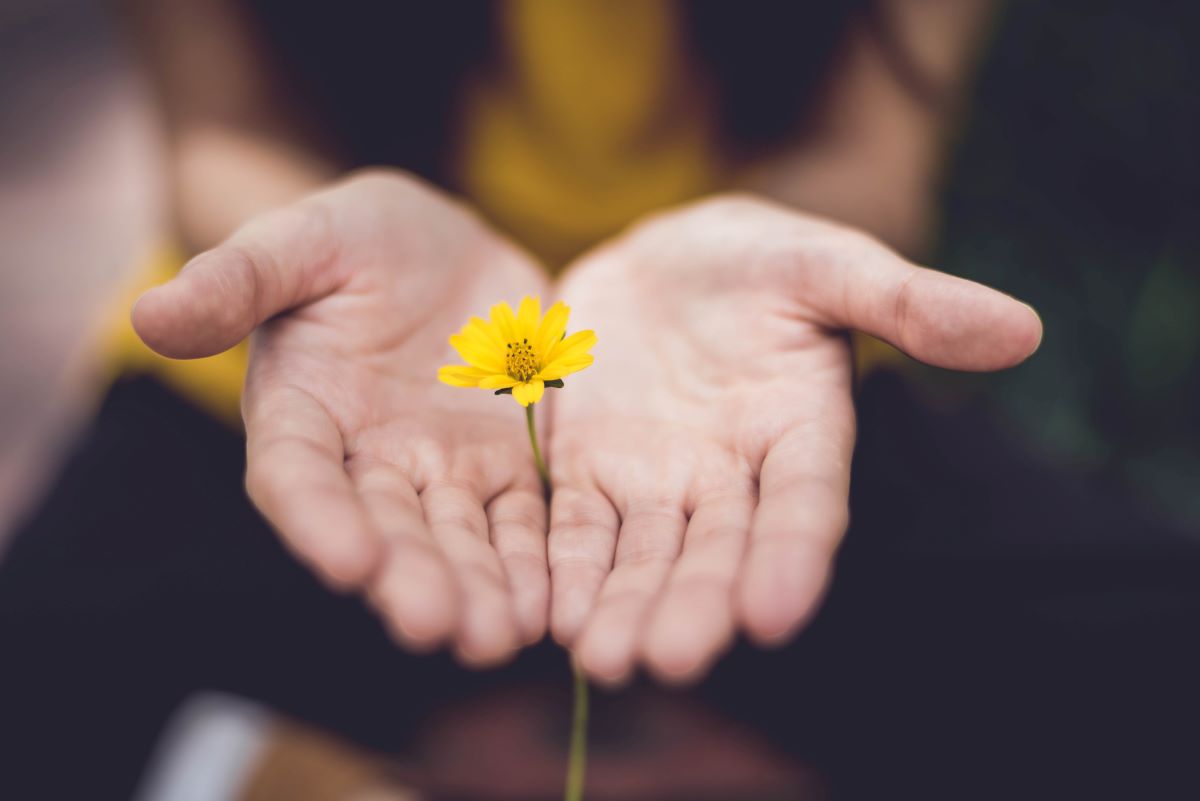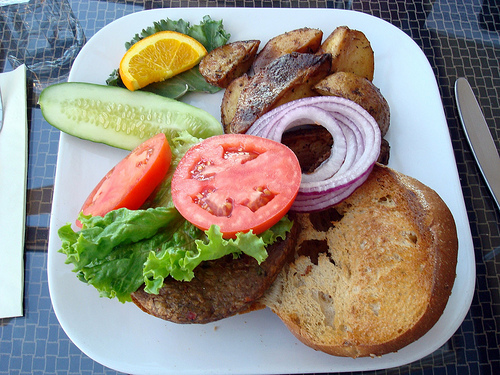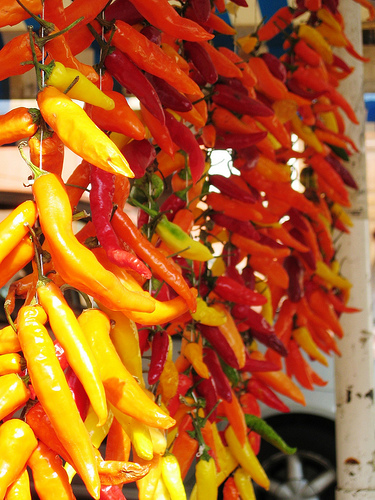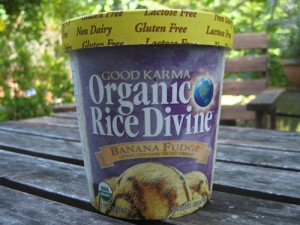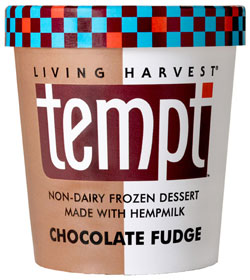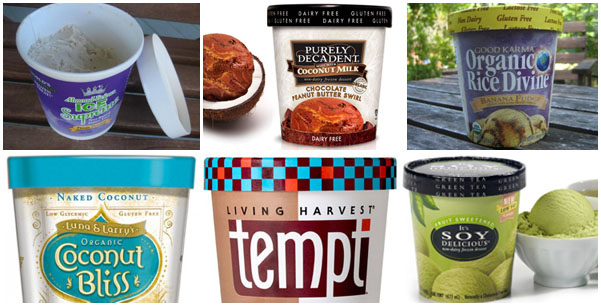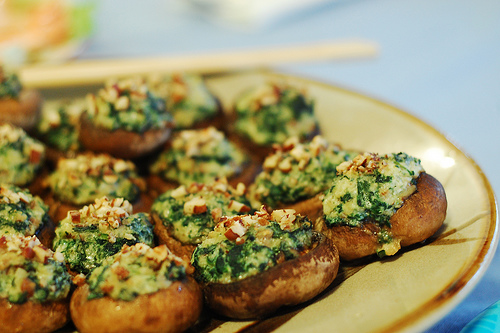Table of Contents
When making ethical and sustainable choices, people often need clarification on two popular terms: vegan and cruelty-free. These terms are thrown around a lot in the beauty and personal care products world, yet they represent different things.
This article aims to clear up the confusion and help you navigate these terms while shopping for products that match your ethical beliefs.
Quick Answers:
Are vegan and cruelty-free products the same?
No, vegan and cruelty-free products actually are not the same. Even though both aim to reduce harm, vegan products avoid animal ingredients, while cruelty-free products avoid animal testing.
If something is vegan, does that mean it’s also cruelty-free?
No, a vegan product avoids animal-derived ingredients, but it might still undergo animal testing, which means it’s not necessarily cruelty-free.
If something is cruelty-free, does that mean it’s also vegan?
No, a cruelty-free product avoids animal testing but may contain animal-derived ingredients, which makes it not necessarily vegan.
Overlap of Vegan and Cruelty-Free Products
The worlds of vegan and cruelty-free products frequently collide, resulting in an overlapping area that appeals to mindful customers.
While each phrase has its own definition and purpose, there are certain places where they overlap in terms of ethics, the environment, and animal welfare.
Ethical Consumer Overlap
Consumers who embrace ethical shopping commonly pick products that are both vegan and cruelty-free. Brands that sell such items are usually more upfront regarding their manufacturing processes and ingredient lists.
They are also more inclined to provide information about their ethical roles, such as how opposed they are to animal testing or cruelty. This transparency fosters customer trust that actually makes these dual-category items particularly appealing to individuals who wish to have a positive effect on their purchases.
Environmental Overlap
Environmentally conscious customers benefit from the overlap of vegan and cruelty-free items as well. Both groups, although they have different perspectives, strive towards sustainability.
Vegan goods do not include animal-derived substances, which reduces the need for resource-intensive animal production. In contrast, cruelty-free products prioritize eliminating all forms of destructive testing that affect animal populations.
Brands that match both requirements are more likely to use eco-friendly production practices, natural ingredients, and recyclable packaging, decreasing their environmental impact.
Animal Welfare Overlap
The most evident crossover is in the animal welfare industry. Vegan products do not include animal-derived components, lowering the demand for animal farming and slaughtering.
Cruelty-free items guarantee that no animals were tested at any step of the manufacturing process.
When a product is vegan and cruelty-free, it sends a strong statement for supporting animal welfare, which makes it the ideal choice for consumers who do not want to contribute to animal suffering.
The overlap between vegan and cruelty-free products offers consumers more options for making ethical and sustainable choices. It’s important to remember that labels and certifications from trusted organizations can provide valuable information. Still, researching to confirm that a product aligns with your beliefs and ethical standards is always a good idea.
Products That Are Both Vegan and Cruelty-Free
As the demand for ethical and sustainable products rises, many brands offer vegan and cruelty-free options. They not only exclude animal-derived ingredients but also avoid any form of animal testing, making them a win-win choice for conscious consumers.
Beauty Products and Cosmetics
Vegan and cruelty-free cosmetics are becoming increasingly popular in the beauty industry. These products contain no animal-derived ingredients like carmine or shark liver oil and are not tested on animals at any production stage.
Some renowned brands that offer vegan makeup products and cosmetics include Pacifica, Urban Decay, and indie brands certified by Logical Harmony.
Personal Care Items
Personal care items like shampoos, conditioners, and body lotions are also available in vegan and cruelty-free versions. Brands like Pacifica and Leaping Bunny-certified companies provide personal care items that don’t include ingredients like gelatin or dairy products and aren’t tested on animals.
Household Cleaners
For those looking to extend their ethical consumerism to household items, a variety of vegan and cruelty-free cleaners are available. These items avoid animal-derived ingredients and also adhere to cruelty-free testing standards. Brands like Seventh Generation and Ecover are good examples in this category.
Understanding the Concept of Cruelty-Free
Cruelty-free products refer to items not tested on animals at any stage of their development or production. This label is particularly significant in industries where animal testing is common, such as cosmetics and personal care.
Common Cruelty-Free Products
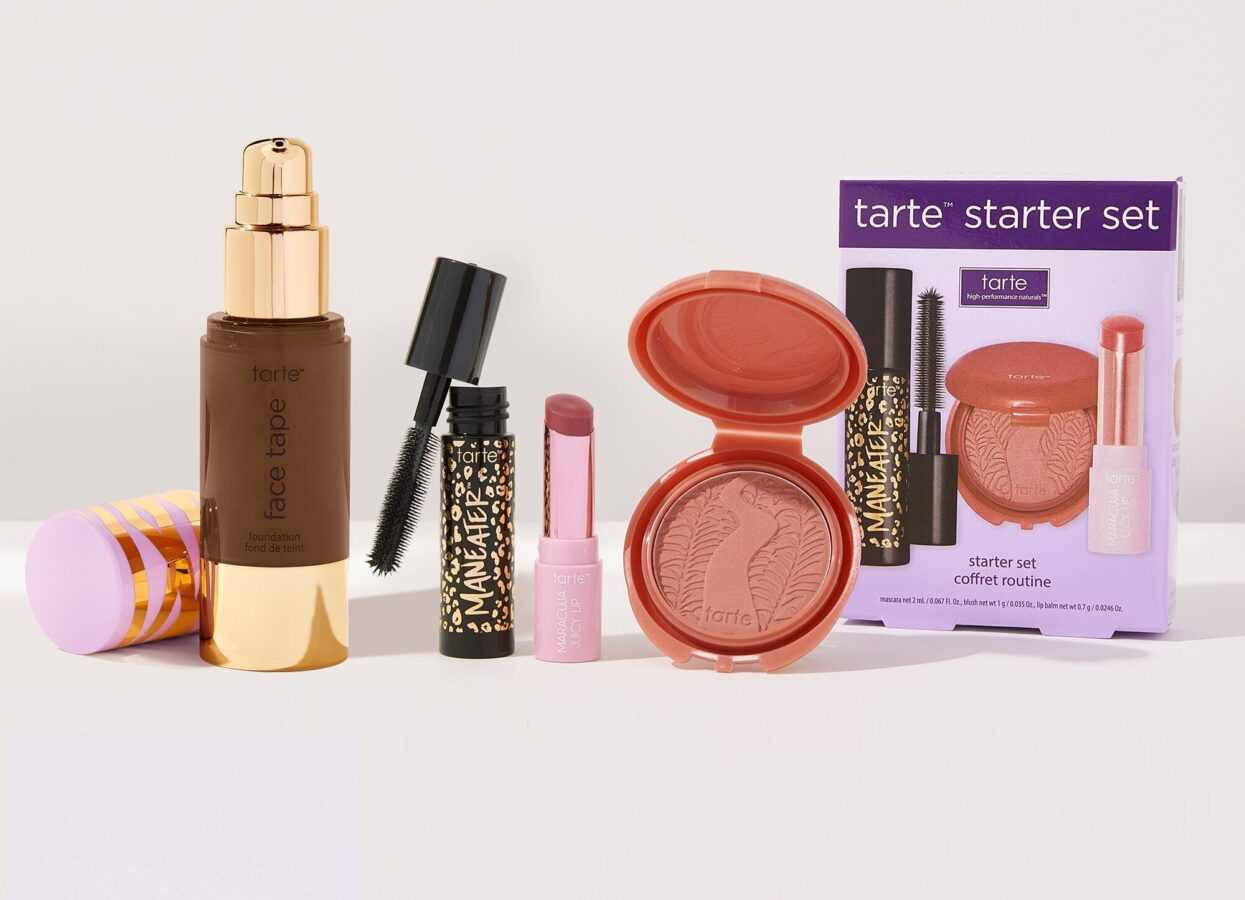
Cosmetics
Brands like Urban Decay, Tarte, and BareMinerals offer a range of cruelty-free cosmetics.
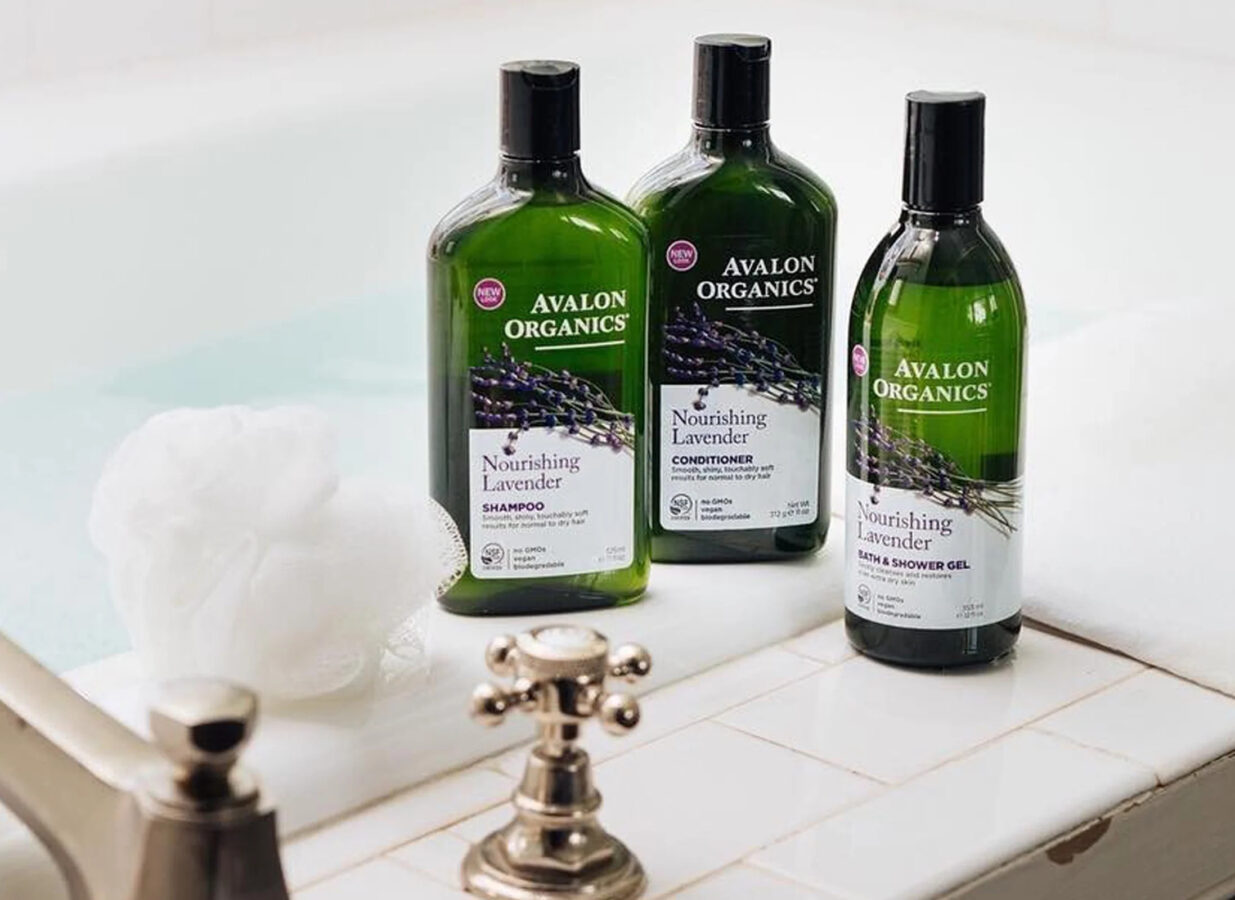
Personal Care Items
Dr. Bronner’s, Avalon Organics, and Alba Botanica produce cruelty-free shampoos, conditioners, and lotions.
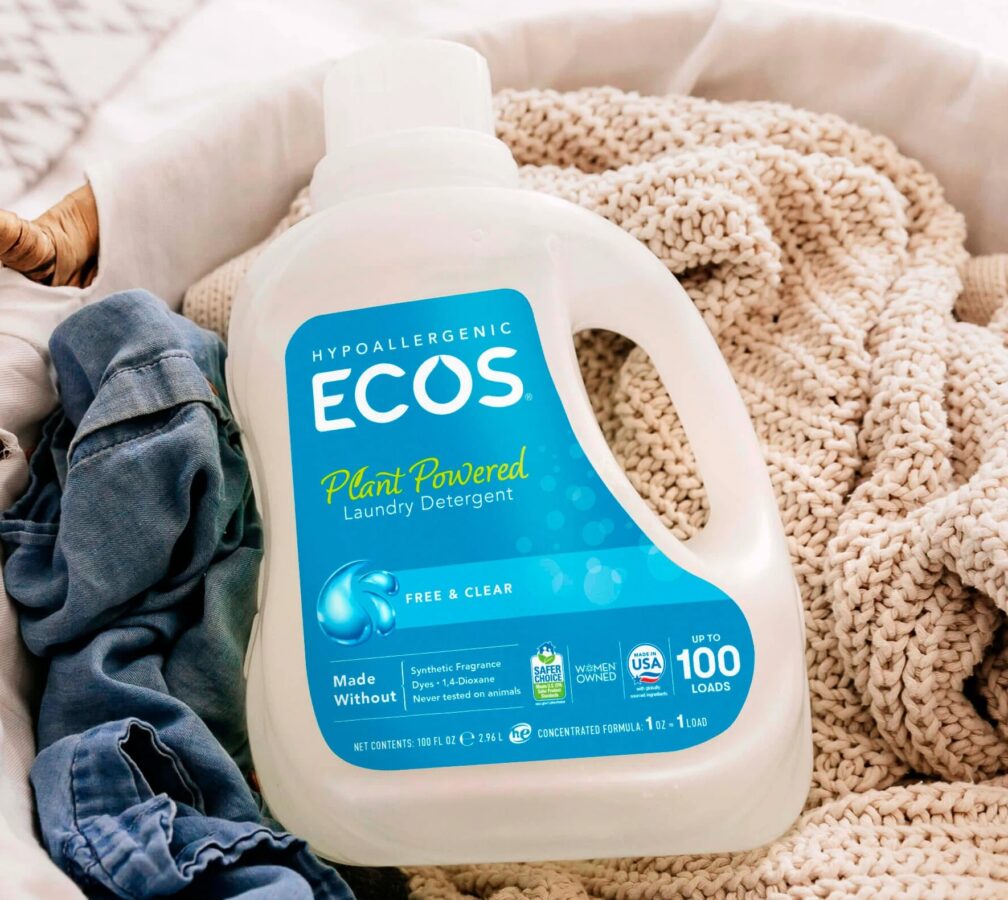
Cleaning Products
Method, Mrs. Meyer’s, and ECOS offer household cleaners not tested on animals.
By choosing vegan and cruelty-free products, consumers can make choices that align with their ethical beliefs while contributing to sustainability and animal welfare. Always remember to check labels and do your research to ensure that your purchases truly align with your values.
Vegan Products That Are Not Cruelty-Free
Regarding conscious consumer choices, “vegan” and “cruelty-free” are often used interchangeably. However, it’s crucial to understand that these terms refer to different ethical practices.
A product can be vegan, meaning it contains no animal-derived ingredients but may still be tested on animals. This inconsistency primarily arises in industries like pharmaceuticals and specific scientific research sectors, where animal testing is deemed necessary for verifying the safety and effectiveness of products.
Importance of Animal Testing
In pharmaceutical industries, animal testing is often considered a critical step to meet the stringent regulations set forth by organizations like the U.S. Food and Drug Administration (FDA).
Even though a product may not contain animal-derived ingredients and could be classified as vegan, it might still be subjected to animal testing to ensure its safety and efficacy for human use. Animal testing, in these cases, is viewed as a necessary evil to ensure that the final product does not hurt human health.
Given these nuances, consumers who make ethical choices face a more complicated landscape. Veganism excludes all animal exploitation, so a genuinely vegan product should be cruelty-free. However, this is only sometimes feasible depending on industry standards and regulatory requirements.
As consumers, understanding the definitions and implications of terms like “vegan” and “cruelty-free” can help make more informed decisions. Looking for credible certifications and research to align purchases with personal ethical beliefs becomes essential.
While the goal is to find products that are both vegan and cruelty-free, understanding why that’s only sometimes the case can help consumers navigate the gray areas in between.
Understanding Vegan Products
Vegan products contain no animal-derived ingredients, which aligns with the philosophy of veganism. These products range from cosmetics and personal care items to foods and clothing.
Common Vegan Products
Cosmetics: Cruelty-free cosmetics can also be vegan, but checking the labels and certifications is crucial.
Personal Care Items: Like cosmetics, cruelty-free personal care items like shampoos and lotions can also be vegan.
Food: Plant-based foods encompass fruits, vegetables, grains, legumes, nuts, and seeds. These are inherently vegan and cruelty-free.
Clothing: Vegan clothing avoids animal-derived fabrics, opting for cotton, hemp, and synthetics.
Footwear: Vegan footwear is made without animal materials like leather or suede.
Accessories: You can find vegan bags, belts, wallets, and jewelry without animal-derived materials.
Household Items: Cruelty-free household items like cleaning supplies can also be vegan, but it’s essential to read ingredient lists and labels.
Can a Vegan Product Be Cruelty-Free?
A vegan product can be cruelty-free, but it’s not guaranteed. Always check the certifications and labels to ensure the product meets both criteria.
Cruelty-Free Products That Are Not Vegan
Cruelty-free and vegan are terms often used interchangeably but have different implications. While cruelty-free products aren’t tested on animals, they may still contain animal-derived ingredients, making them unsuitable for vegans.
Animal-Derived Ingredients
Many cruelty-free products contain ingredients like honey, beeswax, lanolin, or carmine sourced from animals but don’t involve the same harm or cruelty usually associated with animal testing.
These ingredients are often used for their beneficial properties, like moisturizing or providing color, and they can be found in everything from cosmetics to personal care items. However, their inclusion makes the final products unacceptable for those following a strict vegan lifestyle.
Parent Companies
Another point is that some cruelty-free brands are owned by parent companies that use animal testing for other product lines or markets. This complex ownership can create ethical dilemmas for consumers committed to cruelty-free and vegan philosophies.
Certification Discrepancies
Various organizations offer cruelty-free certifications, but these often have different standards or criteria, which can make it confusing for consumers. For example, some certificates allow for animal testing under regulatory requirements. Therefore, a product may be labeled cruelty-free according to one set of criteria but might not meet vegan standards.
Common Ingredients To Watch Out For
Be aware of common animal-derived ingredients like gelatin, used as a thickening agent, or shark liver oil, used in some skincare products. These components are not vegan, but may appear in products labeled cruelty-free.
How To Navigate the Labels
Understanding the difference between these two terms and reading ingredient lists delicately is critical to making informed choices. Certifications from organizations like the Vegan Society or the Leaping Bunny Program can provide more assurance, but doing your research is always a good idea.
In conclusion, while the goals of cruelty-free and vegan products often overlap, they are not synonymous. Cruelty-free products focus on animal welfare in terms of testing, while vegan products aim to exclude all forms of animal exploitation, including the use of animal-derived ingredients.
The best approach is to read labels carefully, understand the certifications, and reach out to companies for clarification to make the most ethical and informed choices.
FAQ
Curious about the differences between vegan and cruelty-free products? Here are some common questions answered to help you make an informed decision.
Is choosing vegan or cruelty-free products better for animal welfare?
Choosing vegan products is generally better for animal welfare as it avoids animal testing and animal-derived ingredients. Cruelty-free products avoid animal testing but may still contain animal-derived ingredients.
Which choice is more environmentally friendly?
Opting for vegan products is generally more environmentally friendly as it avoids the resource-intensive processes associated with animal agriculture and exploitation.
Can I trust product labels that claim to be vegan or cruelty-free?
While many labels are trustworthy, it’s important to note that “vegan” and “cruelty-free” aren’t always regulated by strict legal definitions. Look for certifications from reputable organizations to trust a product’s claim better.
Are there any potential health benefits to using vegan or cruelty-free products?
Using vegan or cruelty-free products can have health benefits, especially if they avoid harmful chemicals often found in conventional products. However, reading the ingredient list for any allergens or irritants is essential.
How can I make informed choices that align with vegan and cruelty-free values?
To make choices that align with vegan and cruelty-free values, look for products certified by reputable organizations like the Vegan Society or the Leaping Bunny Program, and always read ingredient lists carefully. Researching and contacting companies for more information can help you make more informed decisions.
